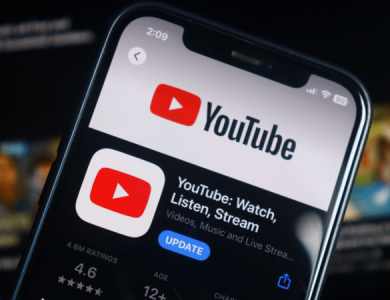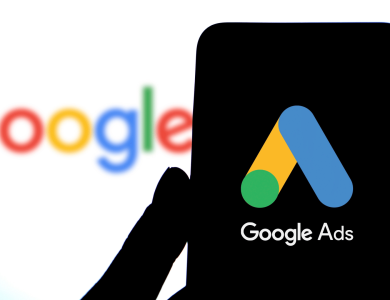
The ongoing debate around Chrome and third-party cookies overlooks a crucial aspect: Third-party cookies are insufficient as a stand-alone measurement tool. While they offer some utility in their current form, solely relying on them paints an incomplete picture. Here, we present seven reasons to diversify your measurement approach:
- Upcoming Chrome opt-out feature.
- Attribution constraints.
- Current and impending privacy regulations.
- Blockages in non-Chrome browsers.
- Variability in cookie deletion timelines.
- Susceptibility to browser changes.
- Broader measurement challenges.
Each of these factors alone justifies the need to diversify measurement resources immediately. Together, they underscore an urgent need for anyone relying solely on third-party cookies to develop a more robust strategy.
1. The Chrome Opt-Out Feature
The most pressing reason to explore alternatives to third-party cookies is Chrome’s future opt-out feature. Although the specifics such as timing and user interface are unknown, we can expect a substantial number of users to reject cookie tracking, as seen after the iOS 14 update. If your measurement relies on these cookies, expect to gather less data.
2. Attribution Limitations
Third-party cookies struggle with accurately attributing conversions across devices, browsers, and domains. This often results in oversimplified models like last-click attribution, which do not capture the full marketing journey and can lead to ad platforms over-crediting themselves.
3. Current and Future Privacy Regulation
Regulations like GDPR and CCPA are just the beginning, with user privacy being a major concern. Future regulations could severely limit data access, impacting those who don’t own their data.
4. Non-Chrome Browser Cookie Blocking
Chrome leads the browser market, but competitors like Safari and Firefox account for a third of it and have already stopped cookie tracking. Thus, measurement strategies dependent on cookies miss out on this segment even when everything else is functioning well.
5. Cookie Deletion Timeframes
Browsers have varying protocols for cookie expiration. For example, Apple’s Intelligent Tracking Prevention limits first-party cookies to seven days in Safari, while third-party cookies on tracker origins expire within an hour. Chrome allows a maximum of 400 days.
6. Vulnerability to Browser Shifts
The current reliability on third-party cookie data from Chrome could change unexpectedly. Without owning your data, you are vulnerable to the decisions of browser developers. Switching to server-side tracking offers more control.
7. It Keeps the Attribution Focus Too Narrow
Cookies are effective for measuring single-channel activity, but focusing on the user rather than the channel provides a deeper understanding of what influences purchase decisions. A cookie-reliant strategy may not address incrementality—understanding whether an engagement was crucial for conversion.
For those adopting a user-centric measurement strategy, tools like the Attribution App provide a more comprehensive view of user activity using server-side data models.
Shifting to a User-Focused Measurement Approach
Despite the familiarity and ease of using cookies, reliance on them can be precarious. There’s no perfect universal measurement solution, but it’s critical to supplement cookies with other approaches.
It’s time for marketers to actively engage with more complex measurement initiatives and move beyond traditional practices to adapt to a privacy-first future.
Contributing authors are selected for their expertise and contributions to the search community, working under editorial supervision to ensure quality and relevance. Their opinions are their own.



